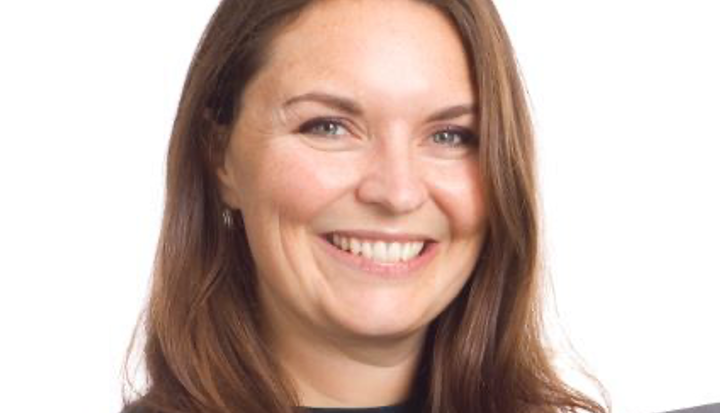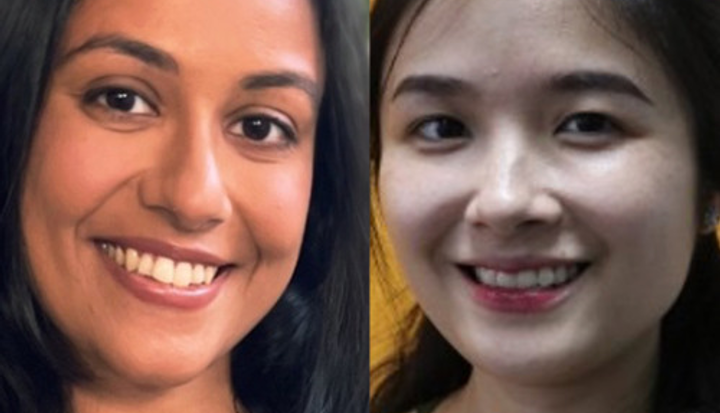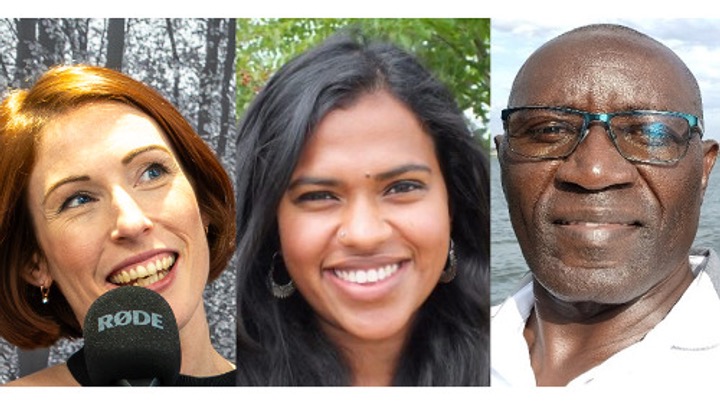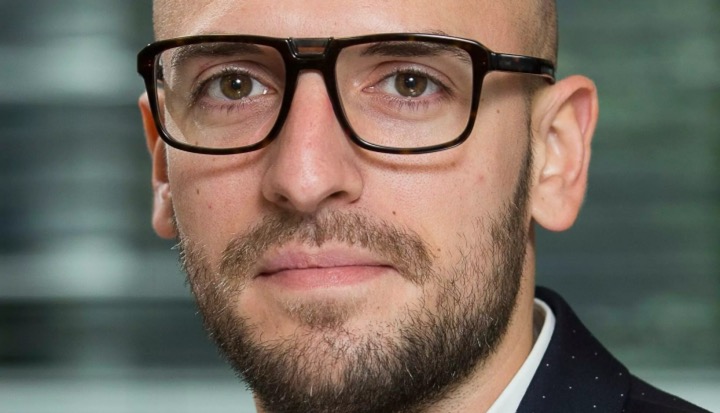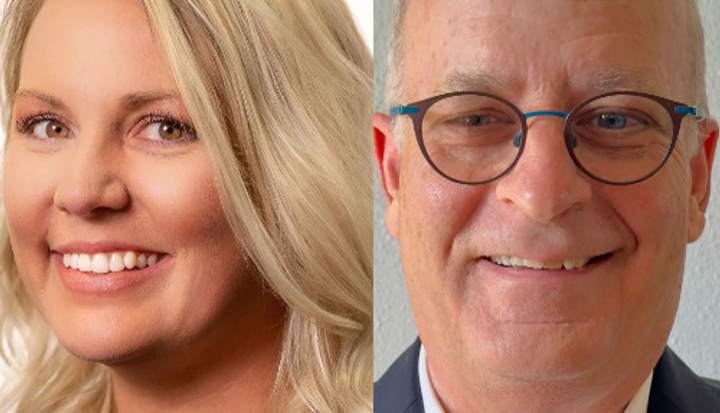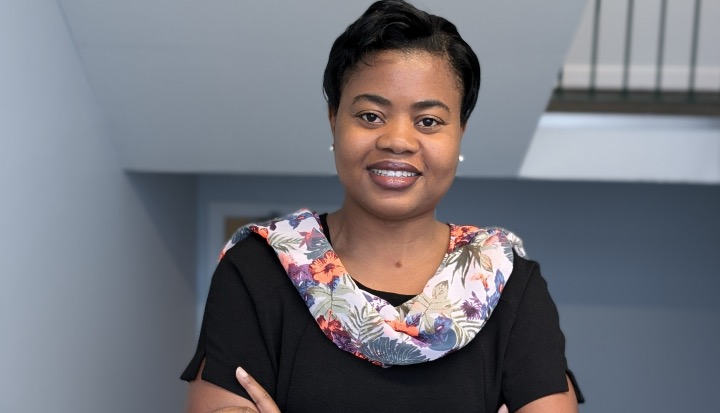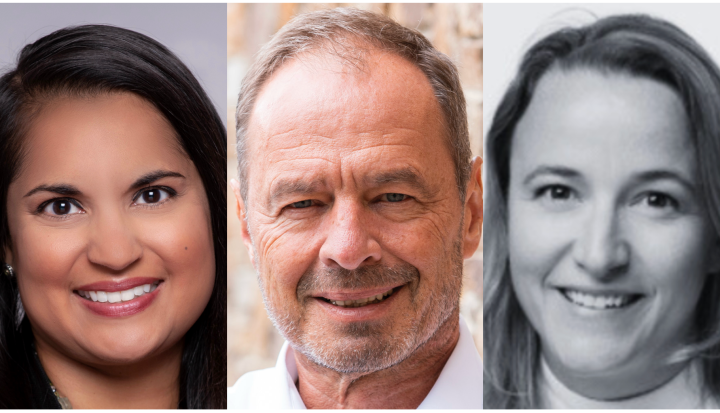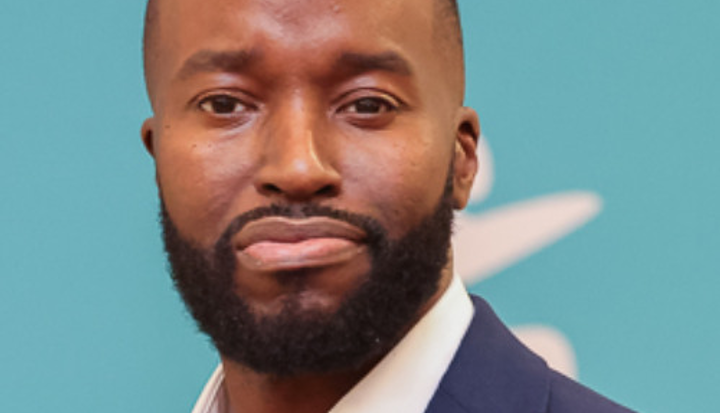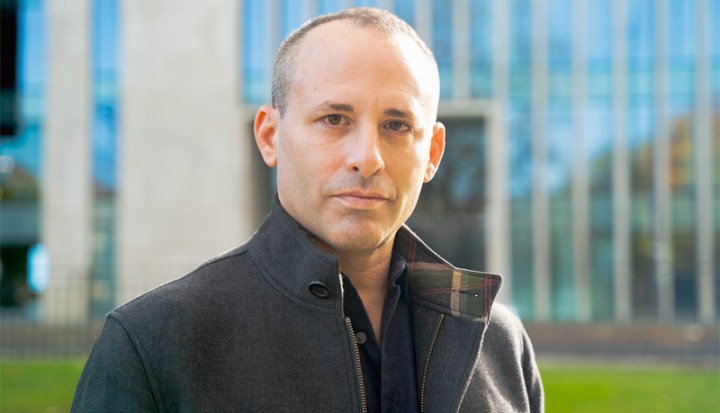
BFP: What do you do?
ZR: I am the Executive Director of Market Development Forum (MDF), a practitioners’ network for development professionals working on Private Sector Development, in particular, in the field of market development/ making markets work for the poor (M4P). It is primarily a membership-based association, open to development organizations and projects (and donor agencies from this year), which thrives on knowledge-sharing based on in-person interaction and field-level activities. So what I do is basically whip up all my energy and drive people within organizations to share knowledge. Although manned by only two people (including myself), we facilitated 23 events in the last 23 months (with zero money outside our administration and personnel cost), reaching a direct audience of more than 1,100 people from private, public and development sector. In addition to that, my task is to put on multiple hats – from communications to HR issues; from finance and administration to contract management because in the end it is a full-fledged registered organization and is governed by an Executive Committee, consisting of top management representatives of seven INGOs.
BFP: What is the best part about your job?
ZR: Being at the heart of information and contacts; and being able to facilitate events that benefit hundreds of practitioners. Although may not be an ideal situation from an organization’s perspective, but since it is a very small team led by me, I am the dot that connects many practitioners. At the same time, it’s also like working in multiple organizations because a big part of what I do, and this is something I absolutely love about my job, is to call on MDF members and find out their plans and interest areas over a cup of coffee. New plans excite me, as much as the coffee.
BFP: What have been your greatest challenges?
ZR: As far as my current job is concerned, I have found out that no matter how enthusiastic people may sound about knowledge-sharing at first, to many, it is a tick in the box to comply with donors’ requirement. This may not be true at the thought-level in global a space, but at the local level, knowledge sharing may not come top in the priority list. And I do not blame them for this because of a systematic flaw –there is no immediate, tangible benefit of knowledge-sharing, for which practitioners, who are already bogged down into their project work, prioritize it differently.
BFP: How have you overcome these challenges? What advice, would you give to others?
ZR: And this is where personal drive and personal connection comes into play. Keep nagging – that’s my motto! On a one-to-one basis, I primarily deal with the likes of Country Directors, but simultaneously, I try to encourage staff from different layers within an organization and walk them through the process. To bring about a systematic change, I am also bringing donor agencies into the sharing-sessions where development practitioners would bare out their true feelings which may not get translated upwards through the usual formal channels. But that’s more in the country-context. Now I am planning to reach out to a global audience through my blogs and communities like BFP on these pressing issues – issues that are faced by implementers at the field-level.
I am more than happy to share my experiences, but I don’t usually advise people on looking at my career path as an ideal one since that’s a road full of trials and errors. But I guess that’s what the 20s are for! Now that I am a tad bit wiser and in my early 30s, I would strongly suggest budding professionals to have a solid foundation at first which could come from an academic program or/and getting ‘out there’, meeting people and being open to new (and conflicting) ideas. And no matter how many years of experience you have got, you can try what is one of my new year’s resolutions for this year – to put indicators to the career path. We plan outputs, outcomes, frameworks, methods/models for our projects/business ideas; I think we should do the same for our professional lives, in our own way.
BFP: If someone wants to do what you do, where should they start?
ZR: From the very beginning I knew what I didn’t want to do, but I was not totally convinced on what I want to do, partly because there is a varied range of things I wanted (and still want) to take up. But it is very important to know what you are good at. For me, I have got a mix of business and international development, both academically and professionally, backed up by decent organizing and communication skills. I am glad that my current job appreciates all these and encourages me to facilitate initiatives that can reach out to a wider audience. So, either you could find your niche based on your core competencies, or plan way ahead to be where you want to be in 10 years’ time – but that’s easier said than done!
BFP: Finally; what do you hope to get out of being part of the BFP community?
ZR: Positive energy, to start with, and a billion of ideas to let my brain go all berserk. I make the best use of my potential when I am around progressive and proactive change-makers and I think BFP has successfully been able to congregate the best of minds across the globe. Here, I hope to learn from others and offer my two cents as well in order to shape up the development paradigm. And I am also keen on exploring experimental and bold initiatives that match my work space.
Thank you to Zunaed Rabbani for taking the time to do this interview.
We’re always looking out for members to feature. Help us by taking two-minutes to update your profile, or by nominating someone for Business Fights Poverty Member of the Week.
Read previous Member of the Week interviews here.

